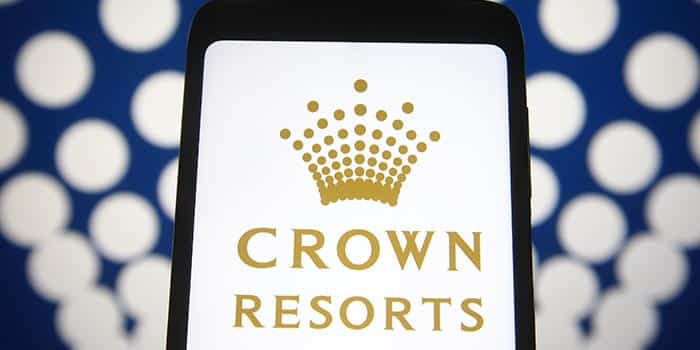- Casino
- By State
- Alabama
- Alaska
- Arizona
- Arkansas
- California
- Colorado
- Connecticut
- Delaware
- Georgia
- Florida
- Hawaii
- Idaho
- Illinois
- Indiana
- Iowa
- Kansas
- Kentucky
- Louisiana
- Maine
- Massachusetts
- Maryland
- Michigan
- Minnesota
- Mississippi
- Missouri
- Montana
- Nebraska
- Nevada
- New Hampshire
- New Jersey
- New Mexico
- New York
- North Carolina
- North Dakota
- Ohio
- Oklahoma
- Oregon
- Pennsylvania
- Rhode Island
- South Carolina
- South Dakota
- Tennessee
- Texas
- Utah
- Vermont
- Virginia
- Washington
- West Virginia
- Wisconsin
- Wyoming
- By State
- Slots
- Poker
- Sports
- Esports
Valve Extends Steam’s Code of Conduct to Prohibit Gambling Activities
While the changes encompassed the expected prohibitions against illegal activities, cheating, and client manipulation, the most notable addition is a strict ban on "commercial activity," effectively putting an end to gambling on the platform

In an effort to clarify its stance on controversial issues and avoid legal entanglements, Valve Corporation has recently made significant updates to the code of conduct for its popular online gaming platform, Steam.
Valve’s CS:GO Marketplace Sparks Controversy Over Gambling
Valve’s venture into the world of gambling began with the introduction of Counter-Strike: Global Offensive (CS:GO) and its gun-skin marketplace. Initially, Valve presented the marketplace as a means for players to indulge in the thrill of black market weapons trafficking without any actual illegal implications. However, the system quickly gave rise to controversy as the gambling aspect gained traction, allowing players to convert their virtual items back into real cash.
This unprecedented monetization of in-game items caught the attention of legal experts who argued that similar regulatory frameworks governing traditional sports gambling should be applied to video games. With CS:GO skins attaining substantial value based on the outcomes of professional matches, the industry’s connection to gambling exceeded a staggering $2 billion in 2015 alone.
Valve faced legal challenges attempting to hold the company accountable for its role in facilitating unregulated gambling. However, it successfully emerged victorious from those claims. In a bid to further distance itself from any association with illicit gambling sites and activities, Valve has now explicitly banned gambling on Steam, as reported by Kotaku. This move aims to eliminate any ambiguity surrounding Valve’s involvement and reinforces its commitment to maintaining a safe and ethical gaming environment.
CS:GO Enthusiast Discovers the Gambling Ban Update
The updated code of conduct, spotted by vigilant CS:GO enthusiast xMercy, extends the prohibition on commercial activity to include gambling. Alongside gambling, the list of bannable offenses now encompasses activities such as the buying or selling of Steam accounts, selling gift cards, begging, and posting advertisements. Valve has made it clear that those found in violation of these policies risk having their accounts permanently banned from the platform.
Valve has proven strict with the enforcement of bans and sanctions. Last year Valve was asked to reconsider its sanctions in response to appeals from two coaches regarding the misuse of a CS:GO spectator bug. The Esports Integrity Commission (ESIC) stated that the combination of ESIC’s and Valve’s sanctions has resulted in unintended disproportionate consequences. However, Valve did not make any adjustments.
By taking this firm stance against gambling, Valve seeks to establish a more robust and regulated gaming ecosystem. The company is actively striving to protect its users from potential risks associated with unregulated gambling and ensure a fair and enjoyable experience for all Steam participants. As the gaming industry continues to evolve, Valve’s decision to ban gambling on Steam reflects a growing emphasis on responsible practices and the need to adapt to the changing landscape of online gaming.
Silvia has dabbled in all sorts of writing – from content writing for social media to movie scripts. She has a Bachelor's in Screenwriting and experience in marketing and producing documentary films. With her background as a customer support agent within the gambling industry, she brings valuable insight to the Gambling News writers’ team.
Must Read
Casino
July 15, 2025
Uno Is Coming for Casinos in the United States
More Articles




Industry
July 18, 2025
Carnival Corporation Becomes Member of AGA

Casino
July 18, 2025
Evolution on Q2 Results: “2025 Will Be a Great Year”

Industry
July 17, 2025
PAGCOR to Pre-Screen Gambling Ads Before Going Live














